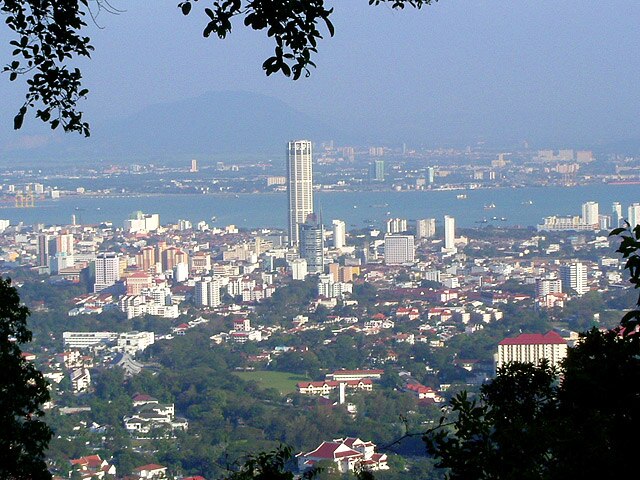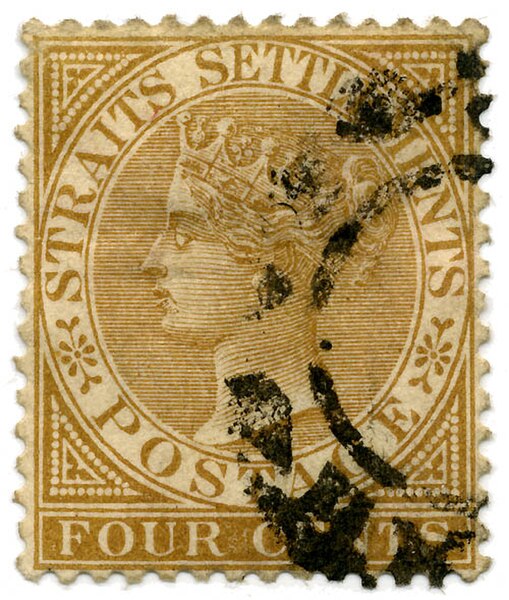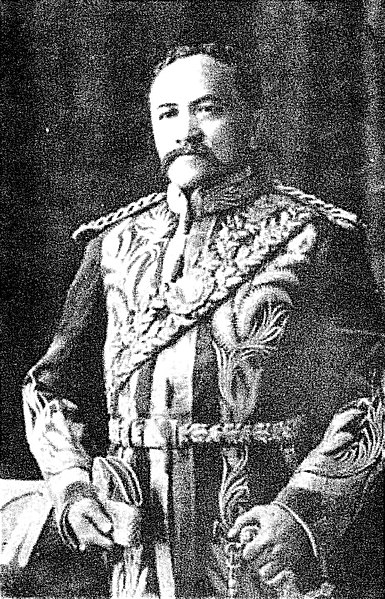Kapitan Cina, also spelled Kapitan China or Capitan China, was a high-ranking government position in the civil administration of colonial Indonesia, Malaysia, Singapore, Borneo and the Philippines. Office holders exercised varying degrees of power and influence: from near-sovereign political and legal jurisdiction over local Chinese communities, to ceremonial precedence for community leaders. Corresponding posts existed for other ethnic groups, such as Kapitan Arab and Kapitan Keling for the local Arab and Indian communities respectively.
Tjong Ah Fie, Majoor der Chinezen of Medan
Kapitan Cina Yap Ah Loy, founding father of modern Kuala Lumpur
Official portrait of Khouw Kim An, the 5th and last Majoor der Chinezen of Batavia
A court of law in Jepara, Central Java with the European, native, Chinese and Arab officials of the district (late 19th century).
The term "British Malaya" loosely describes a set of states on the Malay Peninsula and the island of Singapore that were brought under British hegemony or control between the late 18th and the mid-20th century. Unlike the term "British India", which excludes the Indian princely states, British Malaya is often used to refer to the Federated and the Unfederated Malay States, which were British protectorates with their own local rulers, as well as the Straits Settlements, which were under the sovereignty and direct rule of the British Crown, after a period of control by the East India Company.
George Town, the capital of Penang. Across the North Channel seen is Butterworth, on the mainland known as Seberang Perai, formerly Province Wellesley.
Postage stamp of the Straits Settlements from 1883
Raja Abdullah, later Sultan of Perak
Kuala Lumpur circa 1884. Founded in 1859, the mining settlement would grow to succeed Klang town as the capital of Selangor in 1880, and would later be designated as the capitals of the Federated Malay States, the Federation of Malaya and Malaysia.








